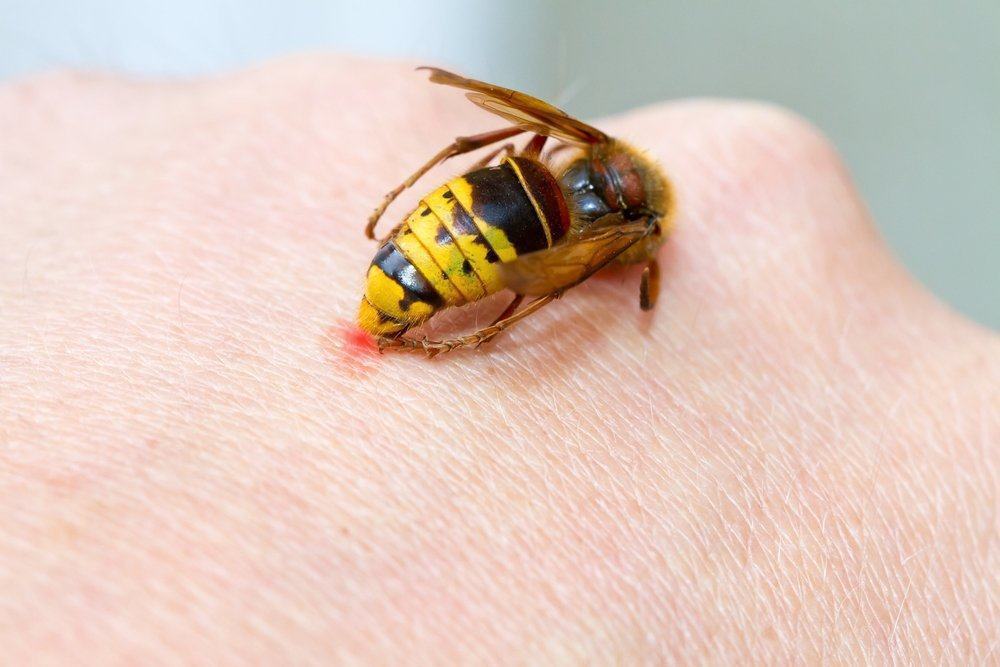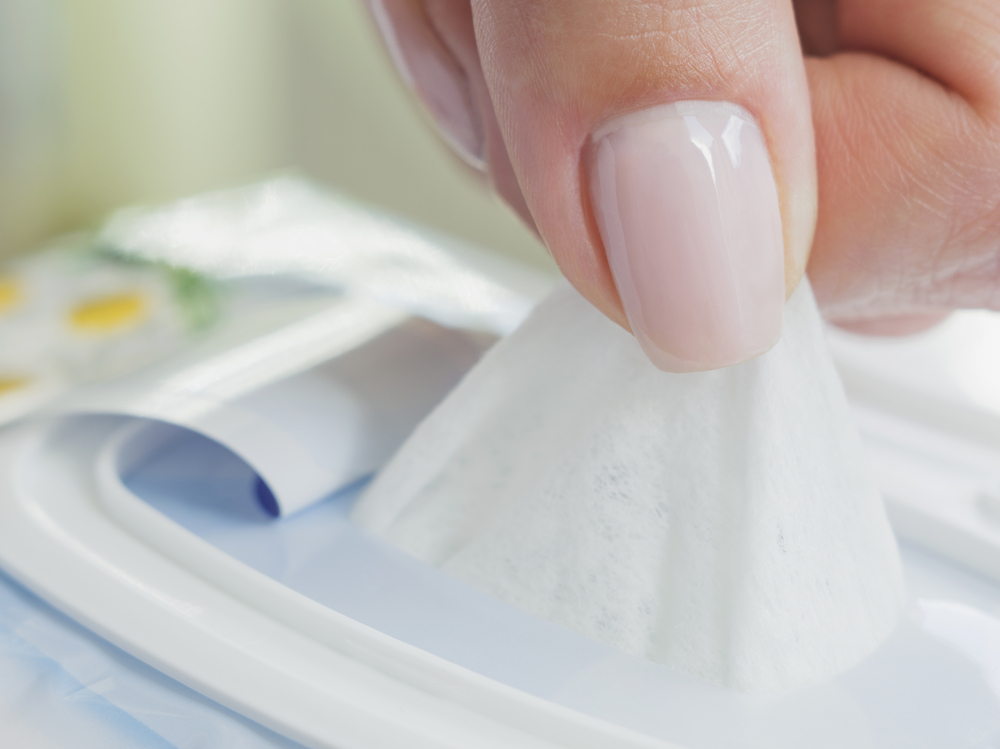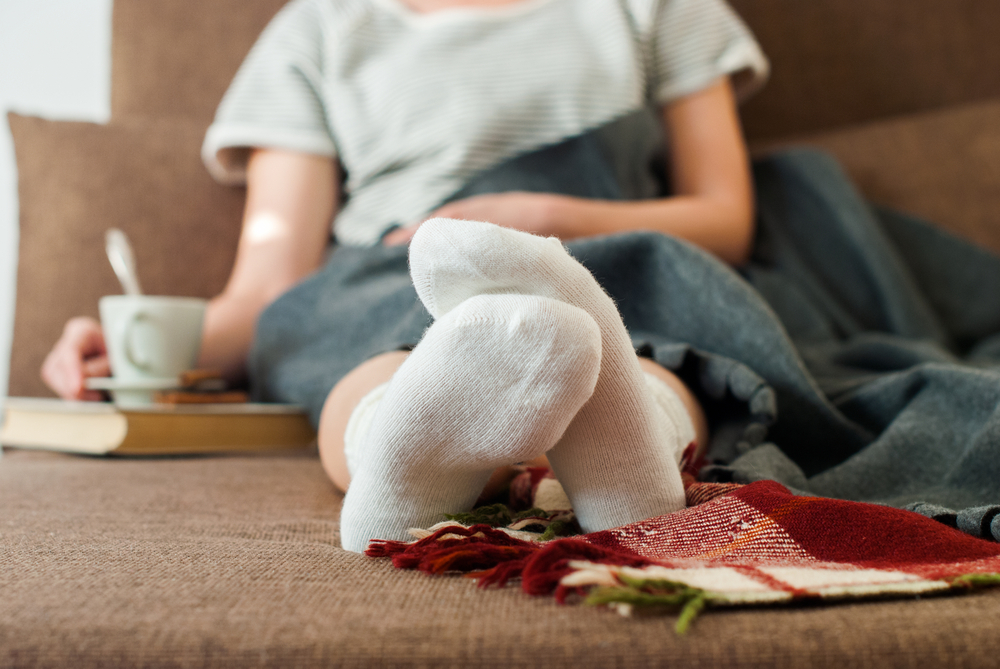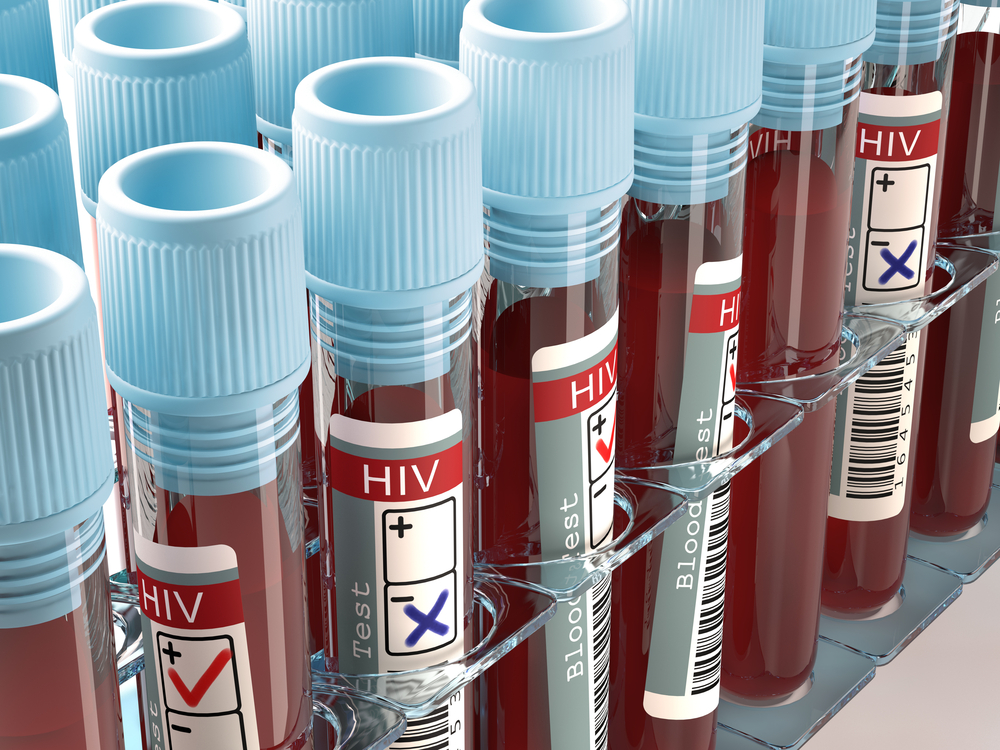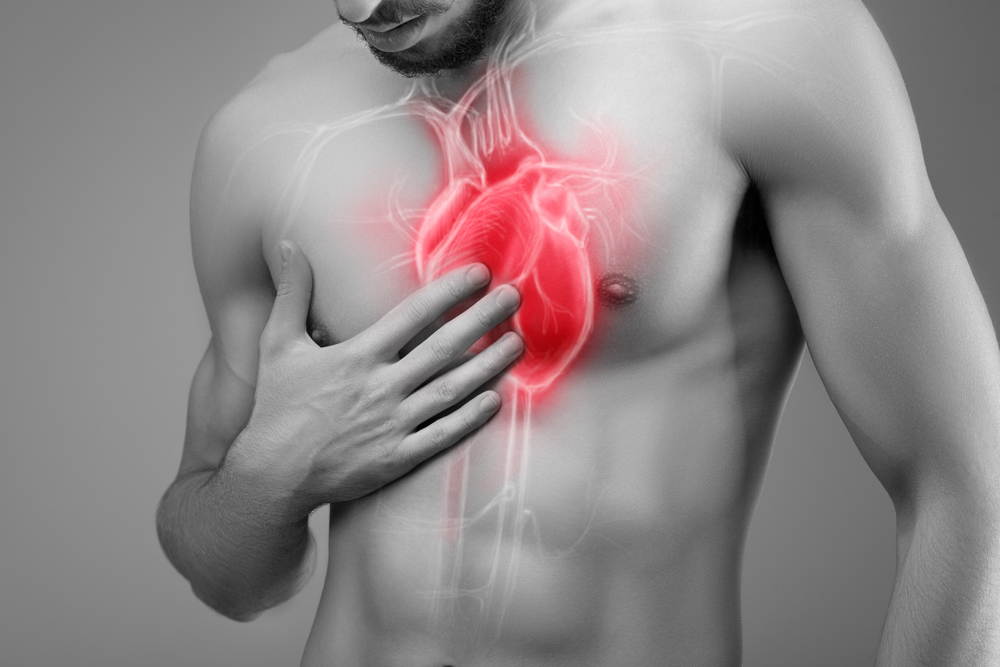Contents:
- Medical Video: 10 Bug Bites You Should Be Able to Identify
- Spider
- Symptoms of spider bites
- Overcoming the bite of a spider
- Wasp
- Handle wasp stings
- Fire ants
- Handle fire ant bites
- Lice
Medical Video: 10 Bug Bites You Should Be Able to Identify
Insect stings can cause seriousness and panic for most people. In the United States, there are 14,262 cases of insect stings every year, with 6% being moderate to severe cases. Not all insects are poisonous, and even though they are poisonous, the toxicity is not enough to harm humans.
Here are the most common insect stings about humans, and how to handle them:
Spider
Spider stings can cause pain, skin death, system poisoning, shock, even death. Of the 3000 species of spiders, there are 100 aggressive ones with canines which are strong enough to penetrate human skin. The types of dangerous spiders that often attack humans include black widow and brown recluse spiders.
Symptoms of spider bites
Black widow
This spider is large and can be identified by seeing a red hourglass in the abdomen. The bite feels like a needle puncture wound, sometimes it can't be felt. Symptoms that arise include:
- Initially reddish and slightly swollen
- Then there is severe pain and stiffness
- Excessive sweating
- Severe abdominal pain, cramps, nausea fever
Brown recluse
Spiders are brown with the characteristics of long legs and the shape of a violin above the spider's body. The symptoms of the spider bite are:
- Initially, the feeling of being stung was not too severe
- A few hours later it can feel itchy, painful, and reddish
- The wound extends with the presence of dark blue or purple areas surrounded by redness around the wound
- Fever, nausea, muscle pain
Overcoming the bite of a spider
Try to take photos or catch biting spiders to help doctors identify whether or not the spider is poisonous. Next, do the following:
- The initial action is to clean the bite with running water and soap
- Give sterile dressing to the wound
- Give a cold compress, lift the affected part, and rest
- Relieve symptoms of pain by taking anti-pain medications such as paracetamol
- If needed, doctors can provide anti-inflammatory drugs, antibiotics, and prevention of tetanus
- Immediately contact your nearest doctor or health center if symptoms do not improve within 24 hours or if the following symptoms are found: difficulty breathing, narrowing of the throat making it difficult to swallow, weakness, muscle cramps, nausea, open wounds.
Wasp
Wasps and bees generally do not attack if the colony or nest is not disturbed. Toxins produced behind the stomach glands that will come out when the bee muscles contract. Bee stings cause pain, swelling, redness that arises within a few hours. Both bites from many bees can cause nausea, diarrhea, overall swelling, decreased blood pressure, shock, muscle and blood damage, and kidney damage. Stings from 300-500 wasps simultaneously can even lead to death.
Handle wasp stings
Handling that must be done include:
- Clean the sting with water and soap
- Compress with soapy water
- Relieve symptoms of pain by taking anti-pain medications such as paracetamol
- Brush calamine or anti-inflammatory lotion to relieve symptoms
- People with many bites need to be monitored 24 hours in the hospital to prevent blood clotting disorders and kidney failure
Fire ants
Fire ants or ants are generally brownish-brown or black-brown, stinging humans with jaw strength while spraying poison. At first, redness, swelling, and burning sensation occurs within 30 minutes, then it can appear resilient within 24 hours. This resilience usually breaks after 48 hours. Symptoms will heal on their own if there is no infection of the accompanying bacteria.
Handle fire ant bites
- Stings can be given ice cubes
- Give anti-inflammatory medication or ointment
- If there is a co-infection, antibiotics can be given
Lice
Fleas that attack humans are usually dog fleas, cat fleas, or rat fleas that have nests and live in the surrounding environment. Human fleas usually settle in beds, clothes or furniture. In sensitive people there will be redness, bumps and resilience at the site of the bite. Treatment for flea bites is enough with anti-inflammatory and anti-itching drugs, while prevention of lice can be done by spraying insecticides like pyrethin, malathion, and DDT.
READ ALSO:
- First Aid When Bitten by a Venomous Snake
- First Aid When Broken Bones
- First Aid For Electric Shock (Electrocution)

